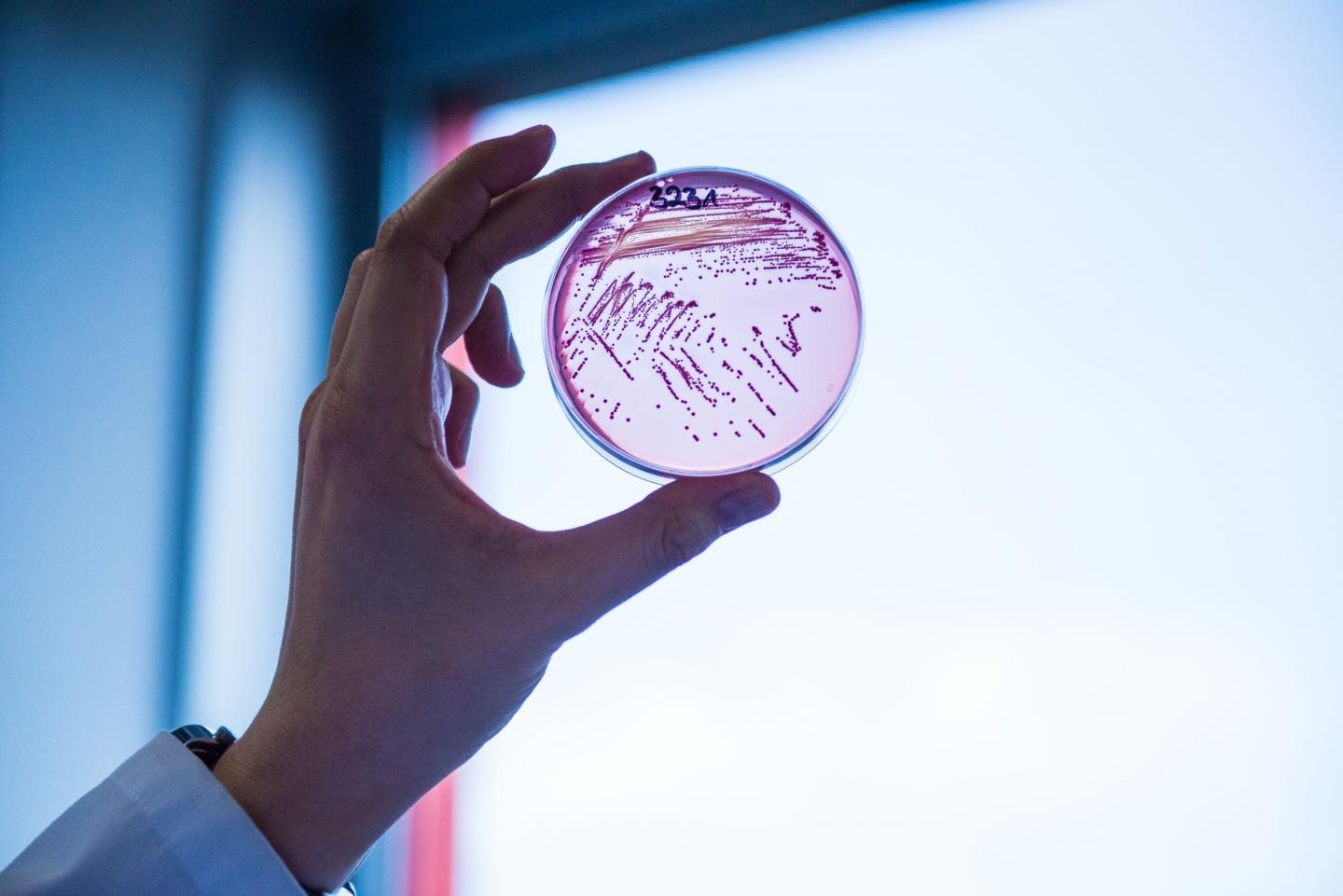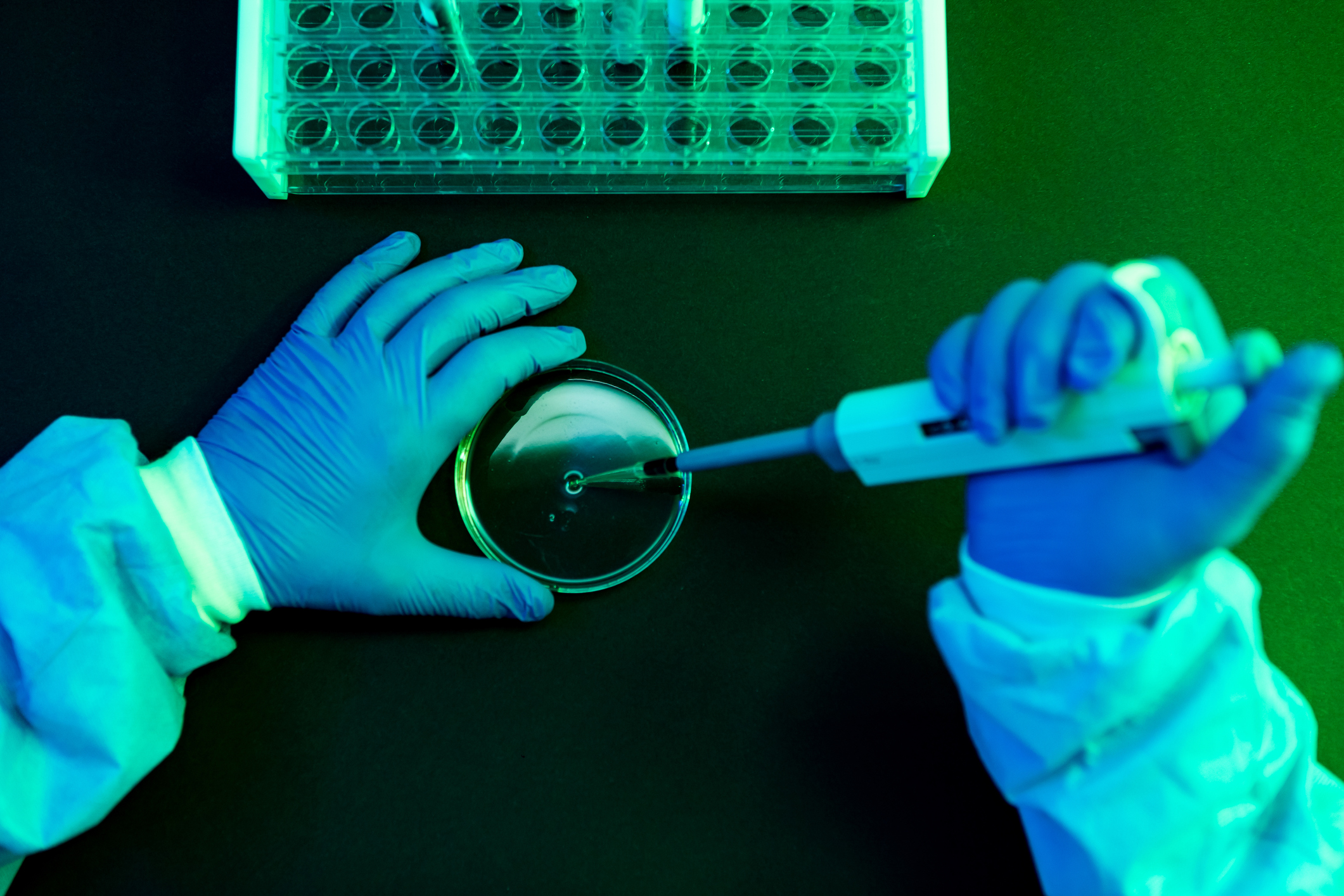
As a result of the appearance of several dozen cases of salmonellosis in Europe, most of them in children under 4 years of age, there is concern that origin of it would be a popular candy sold in several countries.
But what is salmonella and what does it produce in the body? Salmonella is the name of a group of bacteria. Salmonella infection or salmonellosis is a common bacterial disease that affects the intestinal system. Salmonella bacteria usually live in the intestines of animals and humans and are released through feces. Humans are most often infected through water or food, through what is known as cross-contamination.
“This is a bacterium that causes gastroenteritis or gastrointestinal infection. They manifest themselves with fever, abdominal pain, diarrhea and in some patients, especially in the youngest, elderly or immunosuppressed people, the consequences of such an infection can be potentially serious, with high dehydration,” Dr. María Ximena López Mujica, a clinical doctor, specialist in internal medicine of the German Hospital.

“In most cases, it passes like a common gastroenteritis. But when it turns into a serious condition, we must apply medical treatment based on antibiotics (quinolones for adults). Laboratory tests are not usually done for all patients with gastroenteritis. Only those who are dehydrated or hospitalized, or transplanted, we ask for a stool analysis to find out if there is salmonella,” said López Mujica.
According to doctors at the Mayo Clinic in the United States, in general, people who have a salmonella infection do not have symptoms. Others develop diarrhea, fever, and abdominal cramps within 8 to 72 hours. Most healthy people recover within a few days without specific treatment.
In some cases, diarrhea associated with salmonella infection can dehydrate to the point of requiring medical attention. Life-threatening complications can also occur if the infection spreads beyond the intestines. The risk of acquiring salmonella infection is higher if you travel to countries with poor hygiene conditions.

Foods that can often be infected are:
- Raw meat of beef, poultry and fish: feces can be introduced into raw meat of beef and poultry during the slaughter process. Shellfish and fish can be contaminated if they are obtained from contaminated water.
- Raw eggs: While the eggshell may seem like a perfect barrier against contamination, some infected hens produce eggs containing salmonella before the shell forms. Raw eggs are used in homemade preparations of mayonnaise, so specialists advise to avoid their consumption, even more so in minors.
- Poorly washed fruits and vegetables: Some fresh agricultural products may have been watered in the field or washed during processing with salmonella contaminated water, hence the importance of sanitizing fruits and vegetables well before consumption. Contamination can also occur in the kitchen when juices from raw beef or poultry come into contact with uncooked foods, such as salads.

The correct way to prevent salmonella is to properly wash fruits and vegetables, utensils and other kitchen items, use a different cutting board for meat and vegetables, and keep the kitchen properly disinfected.
For both meat and egg, it is important not to wash them as this is counterproductive and further spreads the production of bacteria. The same thing happens when they are kept in the refrigerator or freezer. It should be done in separate sectors and avoid placing cooked food on surfaces where raw meat or eggs were, never leaving perishable food out of the refrigerator for more than two hours, and ensure that you eat meat that is fully cooked.
Istvan Szabo is a researcher in the group specializing in food microbiology and pathogen-host interaction at the Institute for Risk Assessment (BfR) in Germany and stated that the problem is precisely that contaminated food cannot be recognized by smell or because they have a different color or other indication. That's why it's important to know that salmonella may be present in raw foods.

In this regard, the expert recommended that “it is very important to maintain good hygiene in the kitchen as well as to maintain adequate temperatures in transport, parking and food preparation.” According to the BfR, salmonella multiply at temperatures between 10 and 47 degrees. On the other hand, eggs and meat should always go to the refrigerator.
“To heat food well, there is a very simple indication,” said Szabo. When heating them, all parts of the food must be subjected to 70 degrees for at least two minutes.” Whoever wants to be completely sure can control the temperature with a thermometer, the tip of which must be placed on the meat.
Regarding the hygiene of the kitchen, he advised using different tables and knives to cut meat and vegetables. The boards should be as flat as possible and have no grooves or cuts, because salmonella can live in these spaces no matter how much the board is washed.
Another advice from experts is to dry well what is washed, since all microorganisms need moisture to multiply and survive.
The incubation period for salmonella infection ranges from several hours to two days. Most infections can be classified as viral gastroenteritis. Some of the possible signs and symptoms are:
- Nausea
- Vomiting
- Abdominal cramps
- Diarrea
- Fiebre
- Chills
- Headache
- Blood in the stool
KEEP READING:
Últimas Noticias
Debanhi Escobar: they secured the motel where she was found lifeless in a cistern
Members of the Specialized Prosecutor's Office in Nuevo León secured the Nueva Castilla Motel as part of the investigations into the case

The oldest person in the world died at the age of 119
Kane Tanaka lived in Japan. She was born six months earlier than George Orwell, the same year that the Wright brothers first flew, and Marie Curie became the first woman to win a Nobel Prize

Macabre find in CDMX: they left a body bagged and tied in a taxi
The body was left in the back seats of the car. It was covered with black bags and tied with industrial tape
The eagles of America will face Manchester City in a duel of legends. Here are the details
The top Mexican football champion will play a match with Pep Guardiola's squad in the Lone Star Cup

Why is it good to bring dogs out to know the world when they are puppies
A so-called protection against the spread of diseases threatens the integral development of dogs




